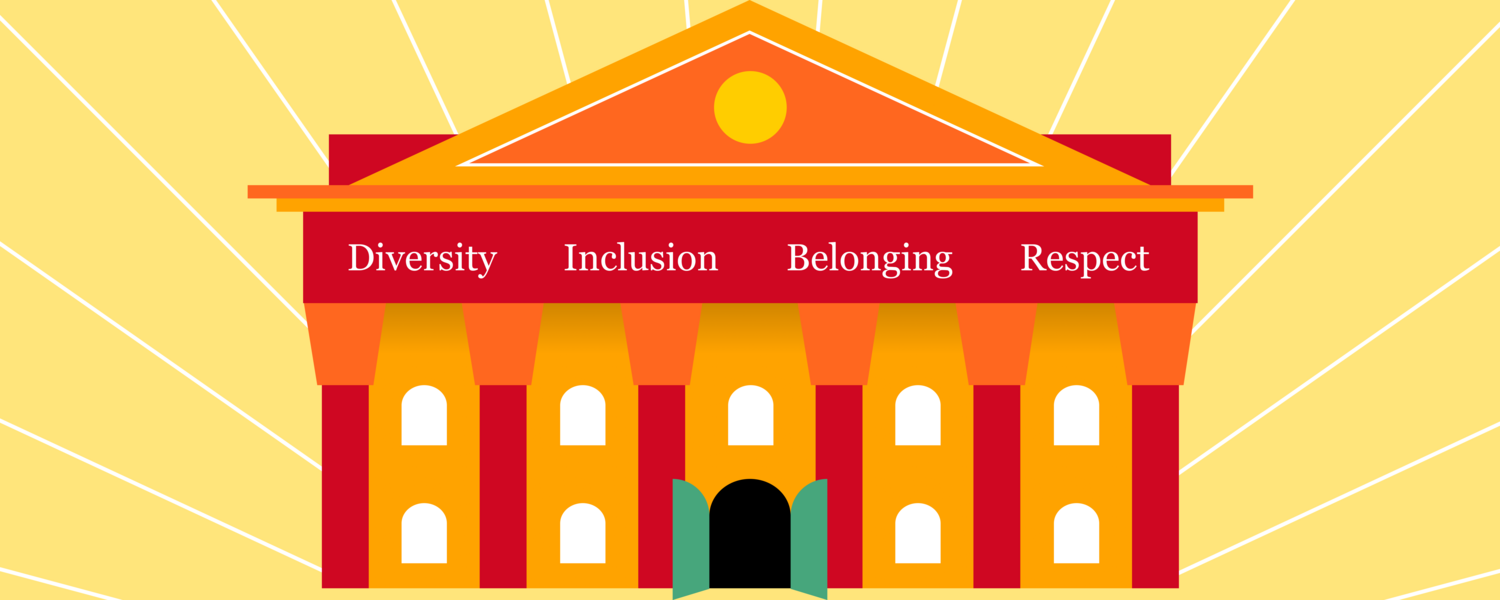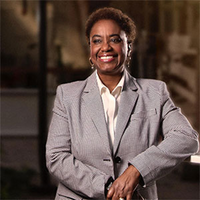
Fostering an Inclusive Campus Climate
The campus climate, the behaviors, attitudes, and perceptions that impact the institutional environment, is foundational to the students, faculty and staff experience and sense of belonging. Campus climate can influence whether an individual feels personally safe, listened to, valued, and treated fairly and with respect. Examining and assessing the campus climate is important for an institution’s faculty, students, and staff to better understand the attitudes, feelings, and beliefs of the campus populations. Understanding the campus climate also helps the institution to take measures to create a welcoming and inclusive environment. A welcoming campus climate means an acceptance of the diversity and the varied perspectives, experiences, attitudes, and styles that positively affect the mission of the institution.
In this workshop, participants will explore campus climate and examine the issues and the interplay of perceptions among people, processes, and institutional cultures that represent important aspects of the institution’s climate. The workshop will explore ways in which the campus climate that impact inclusion such as perceptions and expectations of the people in the community.
When you click on the link below, please sign in (if required)
Core understanding of EDI
• Explore the campus climate
• Perceptions of campus climate
• Implications and effects of campus climate in a diverse institution
• The campus climate and its effects on student, faculty, and staff experiences
• Measures to address campus climate issues and their impact on inclusion
New learnings
- Campus Climate for Diversity
- Factors Affecting Campus Climate: Issues
- The complex interplay of diversity, identity, power imbalances and privilege.
- Implications of diversity and the role of identity in social relationships
- Issues associated with the multiple social identities in our experiential environment
- Practices and experiences that create a non-inclusive and inequitable institutional cultures and climates
Facilitators

Dr. William Yimbo (he/him)
Dr. William Yimbo, Senior Advisor for EDI Literacy, Education, and Training at the Office of Equity, Diversity, and Inclusion, holds degrees from the University of Nairobi and the University of Minnesota. He conducts workshops promoting equity and inclusion at the university, with prior experience in diversity advising for Canada's immigrant communities. With a background in public policy, he brings extensive experience in administration from Kenya, Africa.
It’s our collective responsibility to create a more equitable and inclusive UCaglary and we all have an important role to play by learning and unlearning.

Dr. Malinda S. Smith, PhD
Vice Provost (Equity, Diversity and Inclusion) and Associate Vice-President Research (EDI)



